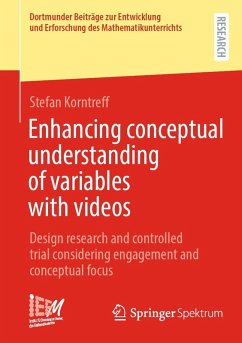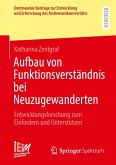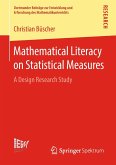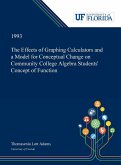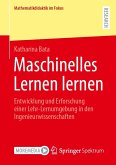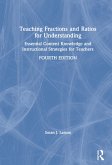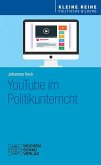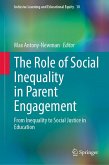One of the most difficult instructional challenges in secondary mathematics education is enhancing low-achieving students understanding of variables. Although instructional videos have the potential to promote students understanding, their effectiveness depends on empirically grounded, content-related designs that secure students conceptual focus and cognitive engagement. This book addresses this issue using a sequential mixed-methods approach that combines a design research study and a controlled trial. An instructional design using interactive videos during the knowledge organization phase, after students independent explorations, was developed and investigated. The qualitative analyses of students learning processes with the videos empirically substantiate the iterative redesign and allow generating hypotheses about effective scaffolding for cognitive engagement and conceptual focus through interactive features. The subsequent randomized controlled trial shows the efficacy of the two-phase instructional approach and validates the hypotheses for students who were cognitively engaged while working with the video.
Bitte wählen Sie Ihr Anliegen aus.
Rechnungen
Retourenschein anfordern
Bestellstatus
Storno

